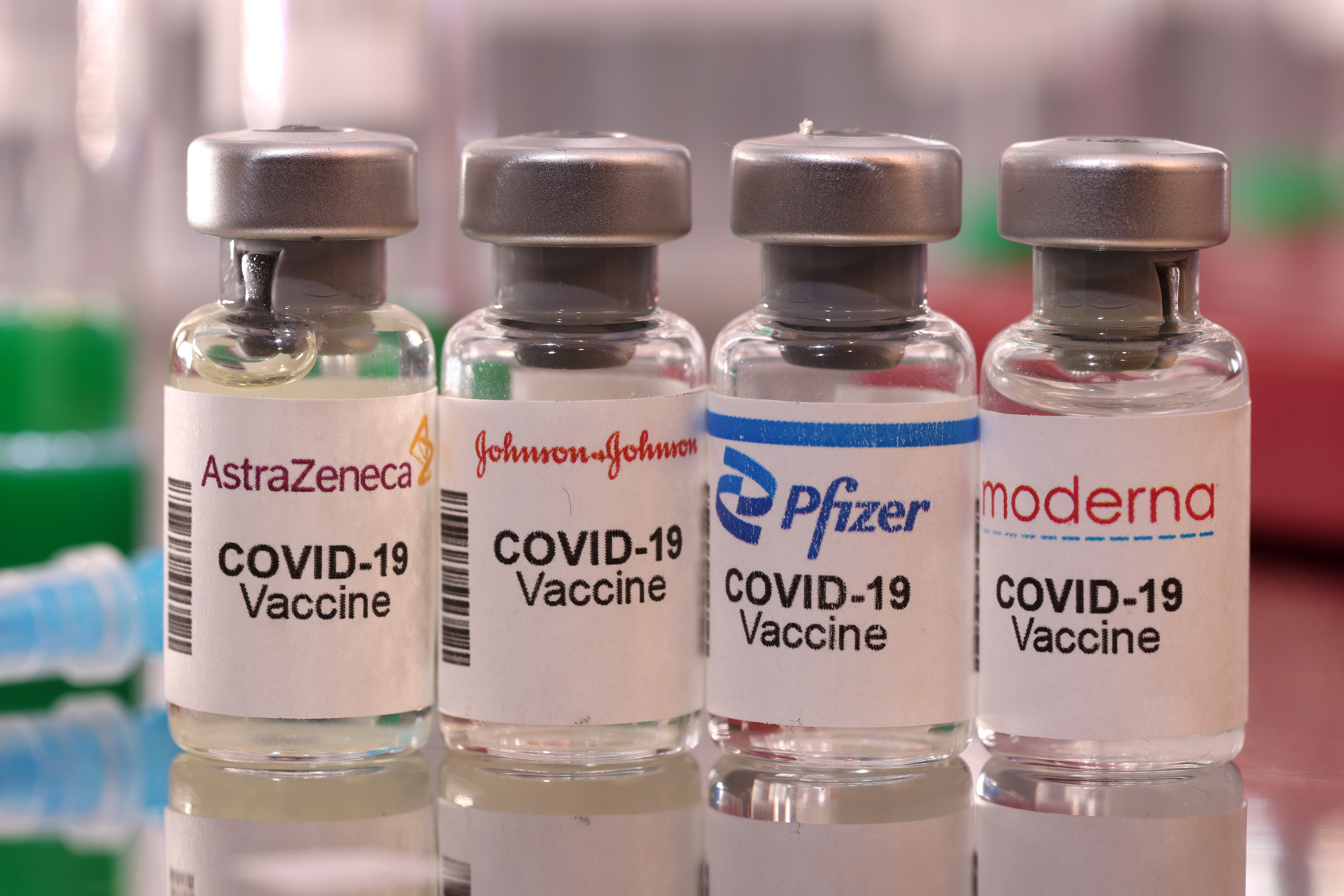
COVID vaccines from Pfizer, Moderna, and AstraZeneca have been linked to rare cases of heart, brain, and blood disorders, according to the largest vaccine study to date.
According to Bloomberg News, researchers from the Global Vaccine Data Network studied 99 million people who received vaccinations in eight countries and looked for increases in 13 medical conditions.
Rare cases of myocarditis were discovered in the first, second, and third doses of Pfizer-BioNTech’s and Moderna’s mRNA vaccines
The study, published in the journal Vaccine last week, discovered that vaccines were associated with a slight increase in neurological, blood, and heart-related medical conditions.
Rare cases of myocarditis (inflammation of the heart muscle) were discovered in the first, second, and third doses of Pfizer-BioNTech’s and Moderna’s mRNA vaccines.
The study found that those who received a third dose of AstraZeneca’s viral-vector shot were 6.9 times more likely to develop pericarditis, an inflammation of the cardiac muscle.
Meanwhile, the first and fourth doses of Moderna’s jab increased risk by 1.7 and 2.6 times, respectively.
Bloomberg reported that viral-vector shots developed by the University of Oxford and manufactured by AstraZeneca have been linked to an increased risk of a type of blood clot in the brain.
According to the study, people who received AstraZeneca’s jab were 2.5 times more likely to develop Guillain-Barré syndrome, a rare neurological disorder in which the immune system attacks the nerves.
Vaccines’ benefits outweighed the risks, according to experts
The researchers discovered potential safety signals for transverse myelitis, a spinal cord inflammation, and acute disseminated encephalomyelitis, an inflammation and swelling in the brain and spinal cord, following both viral-vector and mRNA vaccines.
The experts at GVDV in New Zealand — a research arm of the World Health Organization — examined 13 medical conditions that they considered “adverse events of special interest” among the subjects, with the goal of identifying higher-than-expected cases following vaccination.
More than 13.5 billion doses have been administered worldwide since the pandemic began. A small percentage of those immunized were harmed by the shots, fueling debate about the benefits of the vaccines versus the risks.
“The size of the population in this study increased the possibility of identifying rare potential vaccine safety signals,” said lead author Kristýna Faksová of the Department of Epidemiology Research, Statens Serum Institut in Denmark.
“Single sites or regions are unlikely to have a large enough population to detect very rare signals,” she went on to say.
One expert who was not involved in the study argued that the vaccines’ benefits outweighed the risks.
“The odds of all of these adverse events are still much, much higher when infected with SARS-CoV-2 (COVID-19), so getting vaccinated is still by far the safer choice,” Jacob Glanville, CEO of biotech firm Centivaix, told Forbes.
Dr. Marc Siegel, a clinical professor of medicine at NYU Langone Medical Center, reached a similar conclusion.
“The massive study and review of the data reveals some rare association of the mRNA vaccines and myocarditis, especially after the second shot, as well as an association between the Oxford Astra Zeneca adenovirus vector vaccines and Guillain-Barre syndrome,” Siegel, who was not involved in the study, told Fox News Digital.
“But these risks are rare and other studies show that the vaccine decreases the risk of myocarditis from COVID itself dramatically,” he said, adding that all vaccines have side effects.
“It always comes down to a risk/benefit analysis of what you are more afraid of — the vaccine’s side effects or the virus itself, which can have long-term side effects in terms of brain fog, fatigue, cough, and also heart issues,” Siegel said.
We welcome independent research and academic discourse to advance the study of COVID-19: Pfizer
“Denying or exaggerating a vaccine’s side effects is not good science — nor is underestimating the risks of the virus, especially in high-risk groups,” Siegel added.
Pfizer said in a statement to The Post that, while it was not involved in the study, it welcomes independent research and academic discourse to advance the study of COVID-19.
“Safety is a top concern for all of us, and Pfizer and BioNTech take reports of side effects that are potentially associated with our COVID-19 vaccine very seriously,” according to an email sent by the company.
“Since its initial authorization for use in December 2020, the Pfizer-BioNTech COVID-19 vaccine has been administered to more than 1.5 billion people, has demonstrated a favorable safety profile in all age groups, and has helped protect against severe COVID-19 outcomes, including hospitalization and death,” according to the company.
Moderna and AstraZeneca did not immediately respond to inquiries for comment.






